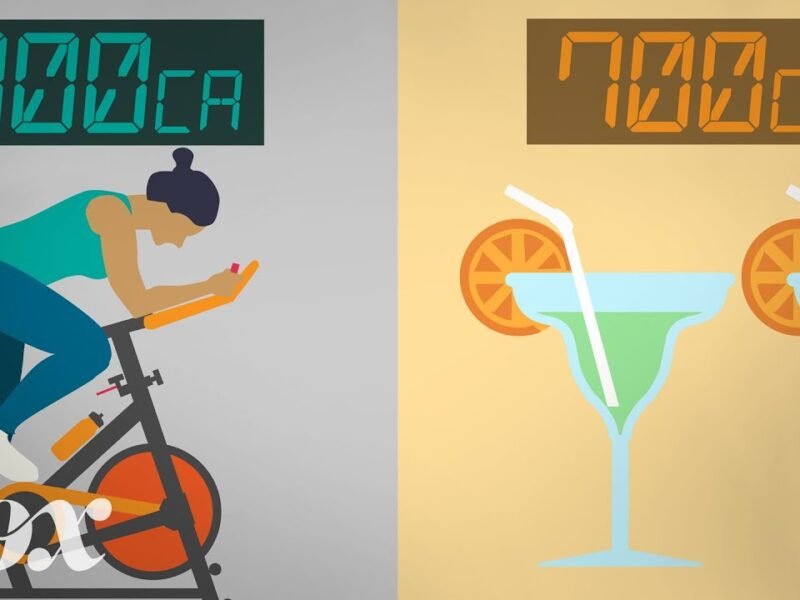7 Weight Loss Tips That Are Truly Science-Based
Proven Weight Loss Strategies Backed by Science
The weight loss industry is full of myths, leaving many people trying ineffective or unsupported methods. Fortunately, researchers have uncovered science-backed strategies that work for sustainable weight loss. Here’s what you need to know.
1. Avoid Drinking Calories
Sugary sodas, fruit juices, and other liquid calories are among the most fattening aspects of modern diets. Studies show that sugary beverages are linked to a 60% increased risk of obesity in children per daily serving.
Even fruit juice, often perceived as healthy, contains sugar levels similar to soda. Instead, eat whole fruits for their fiber content and nutritional benefits.
Verdict: True—ditch sugary drinks and choose water or unsweetened beverages instead.
2. Drink Water Before and After Meals
Drinking water, especially before meals, can help control hunger and reduce calorie intake. A study showed that drinking 17 oz of water 30 minutes before meals helped participants eat fewer calories and lose more weight.
Switching from diet drinks to water can also improve weight loss and insulin sensitivity.
Verdict: Water is essential for weight loss—make it your go-to beverage.
3. Keep Healthy Food on Hand
Having healthy snacks readily available can prevent unhealthy choices during hunger cravings. Options like whole fruits, nuts, yogurt, or hard-boiled eggs are nutritious and portable.
Preparation is key—planning snacks and meals in advance supports healthy eating habits.
Verdict: A practical tip that makes healthy eating more accessible.
4. Use Smaller Plates
Psychological tricks like using smaller plates can help control portion sizes. Studies show that smaller plates make servings appear larger, encouraging reduced calorie intake without feeling deprived.
Verdict: A simple yet effective strategy for portion control.
5. Incorporate Weightlifting into Your Routine
Dieting often leads to muscle loss and a slower metabolism. Resistance exercises, such as weightlifting or bodyweight workouts, prevent muscle loss and maintain a high metabolic rate.
Building muscle ensures a toned physique beneath the fat you’re working to lose.
Verdict: Essential for maintaining muscle and boosting metabolism.
6. Prioritize Quality Sleep
Sleep plays a critical role in weight management. Poor sleep disrupts hunger hormones like ghrelin and leptin, increasing appetite and cravings.
Research shows that short sleep duration raises obesity risk by 89% in children and 55% in adults. Aim to plan your evenings to ensure adequate rest.
Verdict: A vital but often overlooked aspect of weight loss.
7. Focus on Healthy Eating, Not Dieting
Diets often fail in the long run and can predict future weight gain. Instead, aim to nourish your body with whole, nutrient-dense foods.
Adopting a healthy lifestyle leads to sustainable weight loss as a natural outcome, rather than a forced result.
Verdict: Sustainable habits trump restrictive diets every time.
Key Takeaways
- Avoid sugary drinks and opt for water or unsweetened beverages.
- Plan ahead and keep healthy snacks within reach.
- Incorporate resistance training to preserve muscle and boost metabolism.
- Use smaller plates to manage portions effortlessly.
- Prioritize quality sleep for hormonal balance and appetite control.
- Focus on building a sustainable healthy lifestyle instead of crash dieting.
Weight loss doesn’t require extreme measures. By building healthy, sustainable habits, you can achieve your goals and maintain them long-term.























